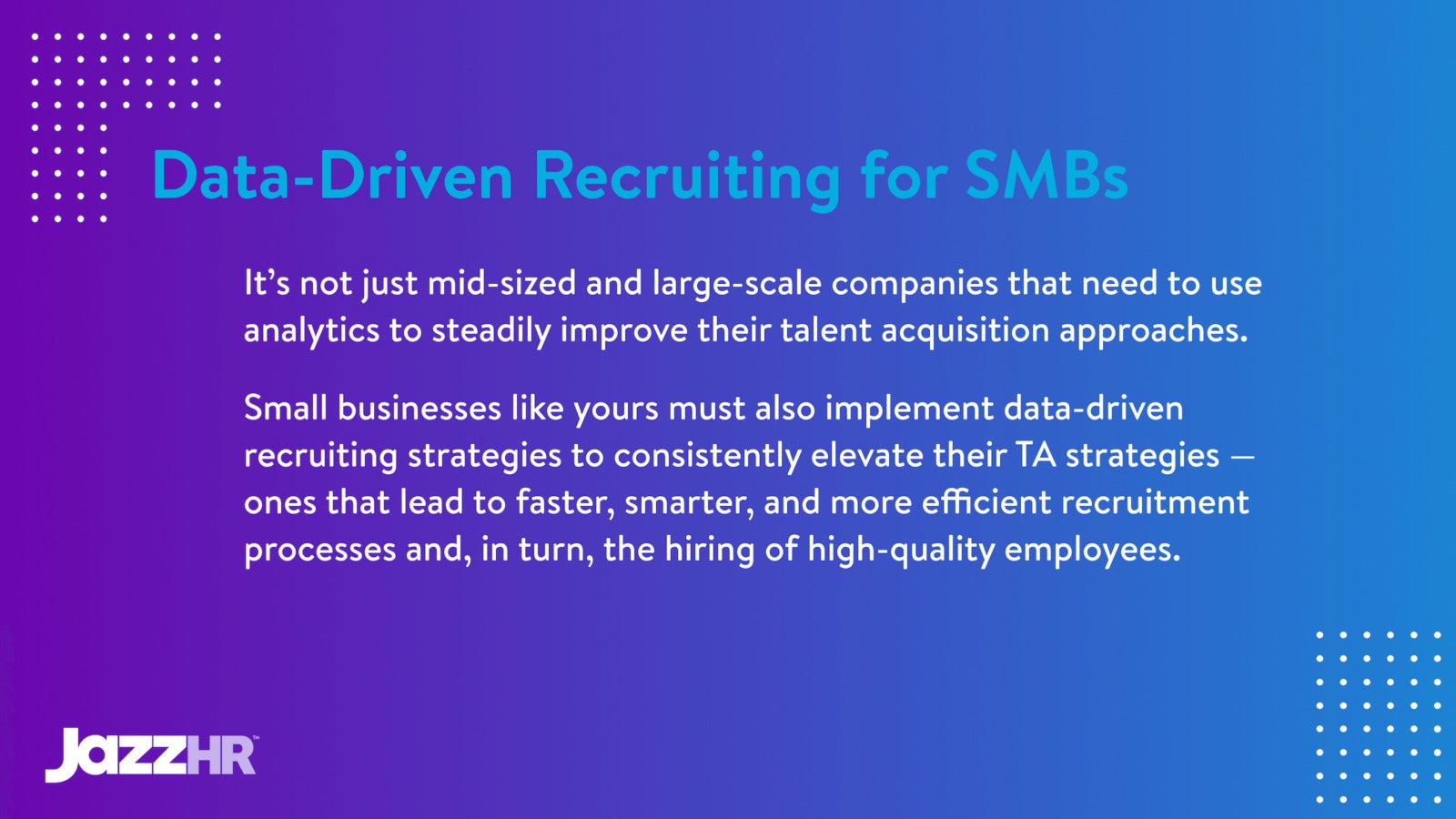The HR analytics market is growing – fast. By some measures, the industry is expected to balloon by as much as $1.7 billion over the next four years. What’s all that money going towards, though?
The advent of widely-available HR software has meant that there’s an abundance of HR data, but it’s not worth a thing if you don’t know what to do with it. HR data literacy is the bridge between raw numbers and actionable, profitable insights.
Here’s what it is and why it matters.
What we mean by HR data literacy
InsideHR’s Jane Crofts offers a clear definition:
- “It’s the ability to derive meaningful and useful information from [HR] data, and to apply this to create better products, services, and experiences.”
In other words, someone who’s ‘HR data literate’ isn’t just able to look at numbers and understand what they mean. They’re able to gather actionable insights and use the data to guide their HR processes.
True HR data literacy doesn’t end there. As Brian Hopkins (one of Forrester’s Principal Analysts) puts it:
- “Connecting [human resources] data to action in a closed loop is critical if you’re going to reverse [a] downward trend in business satisfaction.”
Truly effective data literacy involves using numbers as a trigger for actionable steps, then assessing the data generated by those steps in turn. In doing so, you’ll create a circular feedback loop that allows for data-driven improvement and iteration.
In short, improved HR analytics has been directly linked to productivity and profitability. One notable example comes from energy giant Chevron, who reported a 30% increase in productivity after overhauling their approach to HR analytics.
They’re not alone, either – research has found that organizations using ‘people analytics’ to drive HR and business decisions often see profits that are 82% higher than average over three years.
How to improve your HR data literacy
If you’re ready to take the next step towards full data literacy, here’s where you should start:
Take an online HR data course
There are countless options for developing your HR skill set online. Here are a few courses worth investigating:
- People Analytics and Evidence-Based Management – openSAP
- People Analytics – re:Work by Google
- People Analytics – Wharton School of the University of Pennsylvania (free via Coursera)
- People Analytics – CIPD (a free and extensive factsheet)
- An Introduction to People Analytics – myHRfuture
- HR Analyst Course – AIHR Academy
Do your own research too to see what educational opportunities (in-person or online) exist for your team.
Keep concrete goals in mind
A Harvard Business Review survey of 20 “sophisticated companies” identified the most desirable skills data-literate employees should have. They offer a helpful checklist to keep in mind:
- Ask the right questions.
- Understand which data is relevant and test its validity.
- Interpret data so that the results are useful and meaningful.
- Test hypotheses using A/B tests.
- Create easy-to-understand visualizations.
- Tell a story to help decision-makers see the big picture.
Each one of us generates an estimated 1.7 megabytes of data every second. But, it doesn’t mean anything without interpretation. Data literacy means your insights then generate actionable next steps to improve your business.
Speak with a JazzHR rep to learn how you can better leverage your TA/HR data and improve your recruiting and hiring efforts with our applicant tracking system for small businesses. Book your demo today.






